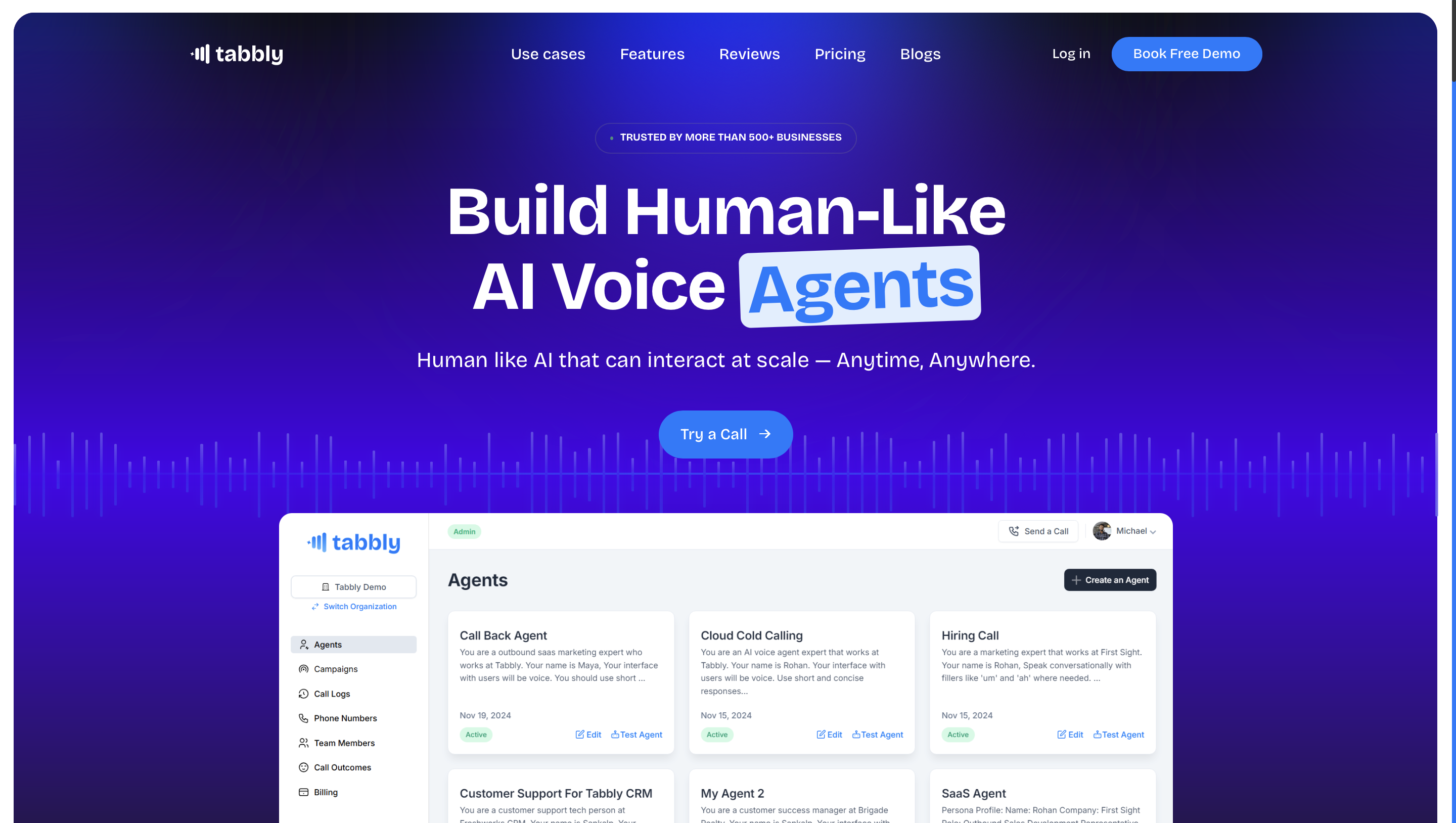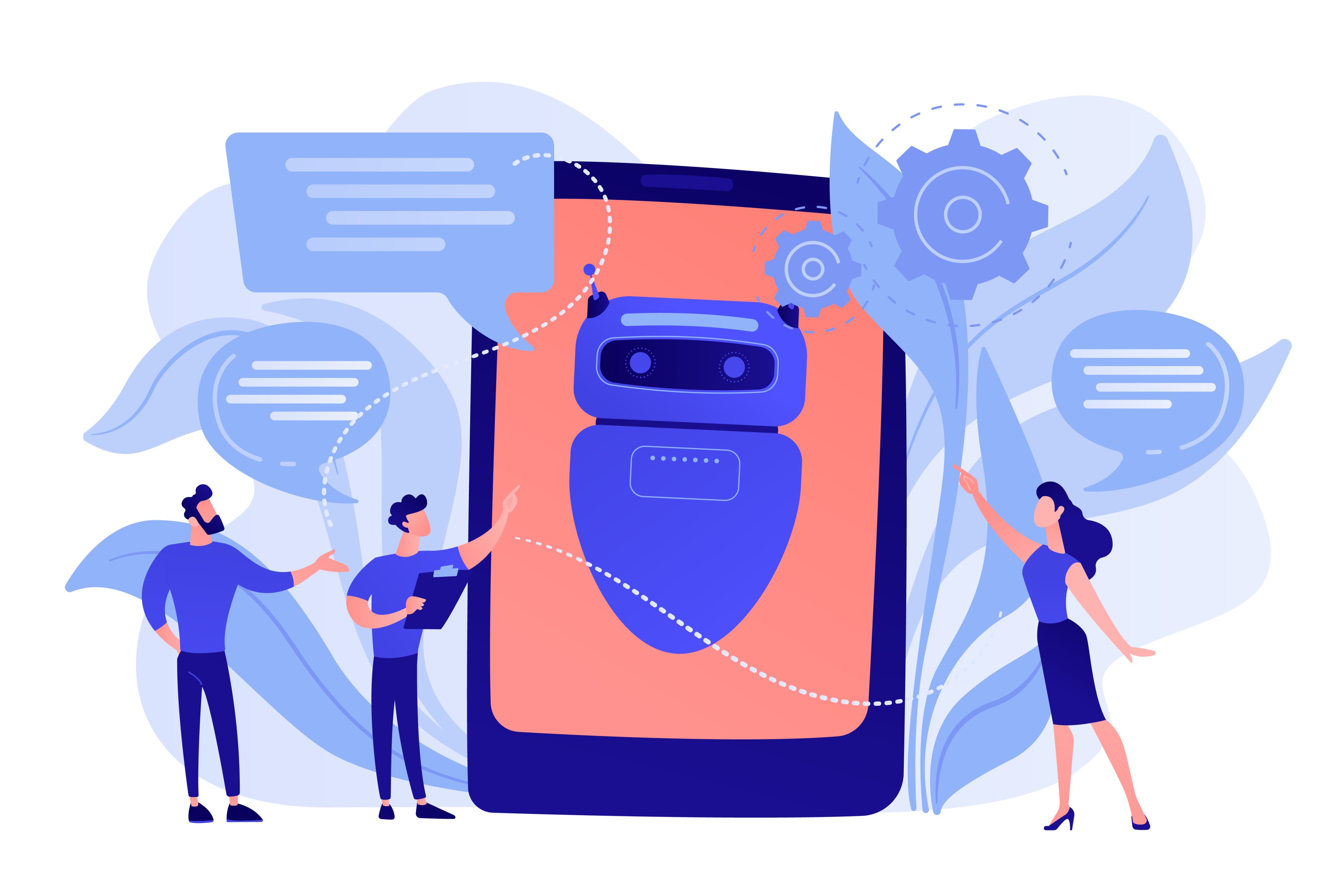In recent years, artificial intelligence (AI) has transformed industries worldwide, and healthcare is no exception. Among the most promising advancements are AI voice agents—smart, voice-activated systems designed to assist patients, healthcare providers, and administrators. From virtual assistants scheduling appointments to AI-powered tools transcribing medical notes, these technologies are reshaping how care is delivered. In this blog, we’ll explore the pros and cons of using AI voice agents in healthcare, highlighting their incredible potential and the exciting opportunities for improvement.
What Are AI Voice Agents in Healthcare?
Before diving into the benefits and considerations, let’s define what we mean by AI voice agents. These are intelligent systems that use natural language processing (NLP) and machine learning to understand and respond to voice commands. In healthcare, they might power virtual nurses, assist doctors with hands-free documentation, or guide patients through symptom checkers. Think of Alexa or Siri, but tailored for medical use—handling everything from appointment reminders to real-time clinical support.
Now, let’s break down the advantages and areas of focus for integrating these tools into healthcare settings.
Top Use Cases of AI Voice Agents in Healthcare
AI voice agents are transforming healthcare by enhancing efficiency, reducing administrative burdens, and improving patient experiences. Here are some key use cases:
Appointment Scheduling & Reminders: AI voice agents can handle inbound and outbound calls to schedule, confirm, or reschedule appointments, reducing no-shows with automated reminders.
Patient Triage & Symptom Checking: AI-powered voice assistants can assess patient symptoms based on predefined protocols and guide them to the right level of care, reducing the load on healthcare professionals.
Medication Reminders & Adherence Monitoring: Patients with chronic conditions or post-surgery care needs can receive voice-based medication reminders, improving adherence to treatment plans.
Post-Treatment Follow-ups: AI voice agents can check on patients after a procedure or hospital stay, ensuring they follow recovery protocols and identifying any issues early.
Medical Billing & Insurance Queries: Patients can interact with AI voice agents to inquire about medical bills, insurance coverage, claim statuses, and payment options, reducing wait times.
Mental Health Support & Therapy Assistance: AI-driven voice assistants can provide basic mental health support, such as stress-relief exercises, mindfulness guidance, and self-help resources.
Emergency Assistance & First Aid Guidance: AI voice agents can offer immediate assistance in emergencies, guiding callers through first-aid steps until professional help arrives.
Healthcare Provider Support & Documentation: AI-powered voice transcription tools assist doctors and nurses by documenting consultations, reducing administrative workload, and improving accuracy.
Chronic Disease Management: AI voice agents can help monitor and guide patients with chronic illnesses like diabetes or hypertension by providing health tips, tracking symptoms, and encouraging lifestyle modifications.
Remote Patient Monitoring & Virtual Assistance: AI voice agents can check vital signs through connected devices, provide personalized health advice, and escalate concerns to human caregivers when necessary.
The Pros of AI Voice Agents in Healthcare
1. Improved Efficiency and Time Savings
One of the biggest advantages of AI voice agents in healthcare is their ability to streamline workflows. Doctors and nurses often spend hours on administrative tasks like charting or scheduling. Voice-enabled AI can transcribe conversations, update electronic health records (EHRs), and manage appointments in real time—all hands-free. For example, a physician can dictate notes during a patient visit, and the AI instantly logs the data, cutting down on after-hours paperwork. This efficiency frees up time for what matters most: patient care.
2. Enhanced Patient Accessibility
AI voice agents make healthcare more accessible, especially for patients with disabilities or limited tech skills. A voice-activated system can guide elderly patients through medication schedules or help visually impaired individuals book appointments without navigating complex apps. In 2025, with telehealth booming, these agents act as 24/7 virtual assistants, answering basic questions or triaging symptoms—reducing the need for in-person visits.
3. Cost Reduction for Healthcare Systems
Hospitals and clinics face rising operational costs, but AI voice agents in healthcare can help. By automating routine tasks like appointment reminders or billing inquiries, these systems reduce the workload on human staff. A study from 2024 showed that healthcare providers using AI voice tools saved up to 15% on administrative expenses annually. Over time, this cost-efficiency could make quality care more affordable for patients.
4. Real-Time Clinical Support
For healthcare providers, AI voice agents in healthcare offer instant access to critical information. Imagine a surgeon in the operating room asking an AI assistant for a patient’s allergy history or a nurse querying drug interactions mid-shift. These tools integrate with medical databases, delivering accurate, up-to-date insights without breaking workflow. This hands-free support can improve decision-making and patient outcomes.
5. Personalized Patient Engagement
AI voice agents in healthcare can tailor interactions to individual needs. They analyze patient data—like past visits or chronic conditions—to offer personalized reminders or health tips. For instance, a diabetic patient might hear, “It’s time for your glucose check,” while someone post-surgery gets recovery advice. This level of customization boosts patient engagement and adherence to treatment plans.
The Cons of AI Voice Agents in Healthcare
1. Strengthening Privacy and Security
AI voice agents handle sensitive healthcare data, offering a chance to lead the way in privacy innovation. These systems process voice recordings and personal health information (PHI), and developers are actively enhancing encryption and security measures to protect against potential risks. In 2025, the industry is working toward even stronger compliance with laws like HIPAA, ensuring patients feel confident about their data’s safety as adoption grows.
2. Advancing Accuracy in Communication
AI voice agents use NLP to interpret speech, and while they’re already impressive, there’s room to perfect their understanding of accents, background noise, or medical terms. Each year, advancements reduce the chance of miscommunication—like ensuring “chest pain” is never mistaken for something less urgent. This ongoing improvement makes them increasingly reliable, especially in critical settings like emergency rooms.
3. Enhancing Emotional Connection
Healthcare thrives on empathy, and AI voice agents in healthcare are evolving to complement the human touch rather than replace it. While they excel at logistics, developers are exploring ways to make responses warmer and more supportive—think of them as partners to nurses and doctors who provide that irreplaceable bedside manner. This balance is key to meeting patients’ emotional needs as the technology matures.
4. Overcoming Initial Investment Hurdles
Deploying AI voice agents requires an upfront investment in hardware, software, and training, plus integration with existing EHRs and workflows. This is an opportunity for healthcare systems to innovate funding models and streamline adoption—especially for smaller clinics in rural areas. As solutions emerge, from scalable tech to staff training programs, the path to widespread use becomes clearer.
5. Encouraging Balanced Skill Use
As AI voice agents take on routine tasks, there’s a chance to rethink how healthcare professionals use their expertise. Rather than over-relying on AI for documentation or decision support, providers can focus on honing critical thinking and patient interaction skills. For patients, education around using AI as a helpful tool—not a doctor substitute—ensures the best outcomes as this technology integrates further.
Striking a Balance: The Future of AI Voice Agents in Healthcare
The pros and opportunities of AI voice agents in healthcare show they’re transformative tools with immense potential. Their ability to save time, cut costs, and improve access is already changing lives, while areas like security, accuracy, and empathy are being actively refined. As of March 10, 2025, the healthcare industry is embracing this evolution, fine-tuning how to maximize their impact.
Providers can pair AI with human expertise—using voice agents for efficiency while letting people shine in empathy and judgment. Developers are prioritizing cutting-edge security and precision to build trust. Patients, too, benefit from clear communication about how these tools enhance their care, making AI voice agents in healthcare a win-win for the future.
Tabbly is a cutting-edge voice AI platform that enables users to create human-like AI voice agents capable of making phone calls at scale, anytime and anywhere. The platform supports over 50 use cases, including sales and support, education, training, hiring interviews, loan recovery, outbound cold calling, language training, and website lead generation. These AI agents can be integrated across multiple platforms, such as websites, phone calls, and mobile applications, to provide exceptional voice experiences. Additionally, Tabbly's voice agents are proficient in more than 50 languages, including English, French, Hindi, German, and Spanish, allowing for seamless communication with a diverse user base.
Conclusion
AI voice agents are revolutionizing healthcare, blending convenience and innovation in ways that promise a brighter future. Their strengths are undeniable, and the opportunities for growth only make them more exciting. By embracing their potential and addressing key areas, healthcare leaders can elevate care quality like never before.
Frequently Asked Questions (FAQs)
1. How do AI voice agents improve healthcare efficiency?
AI voice agents streamline tasks like transcribing notes, updating records, and scheduling appointments. This hands-free automation saves time for doctors and nurses, letting them focus on patient care instead of paperwork.
2. Are AI voice agents secure enough for healthcare use?
Yes, and they’re getting better! With ongoing advancements in encryption and compliance with laws like HIPAA, AI voice agents are becoming a trusted way to handle sensitive data safely in 2025.
3. Can AI voice agents replace human healthcare providers?
Not at all—they’re designed to support, not replace. They handle logistics and data, freeing up doctors and nurses to provide the empathy and expertise patients need most.
4. What’s the biggest opportunity in adopting AI voice agents in healthcare?
The chance to overcome initial costs and integration challenges is huge. As funding and training solutions grow, even small clinics can tap into this game-changing tech.
5. How do AI voice agents enhance patient engagement?
They personalize care by using patient data to offer tailored reminders or tips—like medication prompts for chronic conditions—making patients feel supported and boosting adherence.









